Dr. Stephanie Harel, Acting Head of Geography, explores the positive geographies of our current global pandemic, including a stronger local sense of place and a greater environmental consciousness.
As an educator, I concern myself every day with demonstrating how and why “Geography matters”. Central to our discipline, and indeed my own academic interests, is the often-contested concept of ‘place’. At its heart, lies the notion of a meaningful segment of geographical space, although what is also important to understand, is that places are dynamic and multifaceted[1]. Recently, I introduced our Year 12 students to these ideas, as part of the Changing Spaces, Making Places unit in our OCR specification. Over the past three weeks, we have explored the difference between ‘place’ and ‘space’, the characteristics that constitute a place profile and how perception of place can vary depending on factors such as age, gender and personal experience. Lively class debates have discussed how people can see, experience and understand place in different ways and, perhaps most importantly, how our relationships with places can change over time.
I love teaching this unit, because it aligns with my own research interests and allows me to delve into what was the focus of my doctoral thesis. My PhD explored the complexities of people’s emotional response to disasters. Acknowledging that people negotiate their emotions in different ways, my thesis demonstrated the complex ways that emotions influence how the disaster displaced relate to ‘home’ in the aftermath of disaster. As a practitioner, I see much value in using this research to develop students’ understanding of how the concept of place works in practice. During Guided Home Learning, for example, I relished the opportunity to teach a two-week segment as part of the Geography elective for Years 11-13, which explored the ‘Emotional Geographies of Home’. In our sessions, I shared stories from real people who had lost their homes as a result of the 2011 flood event in Brisbane, Australia, and 2011 earthquake in Christchurch, New Zealand. As I explained to my students, the aim of my PhD research was to extend geographic knowledge on the emotional dynamics of natural disasters. However, I also aimed to contribute to debates within our discipline about how places can be disrupted and altered in a myriad of ways and as a consequence of both physical and human processes. Again, these sessions promoted incredibly rich discussions. The level of independent thought and active enquiry shown in students’ post-course reflections showed deep engagement with course content, on both an academic and a personal level; as a teacher, it was richly rewarding to read these reflections.
While my doctoral research was carried out within the context of natural disasters, I believe there is huge potential to explore these ideas further, within our current global climate. Media outlets across the country are presenting the endless disruption caused to places as a result of the COVID-19 global pandemic. This is important, of course; the economic and social consequences of COVID-19 will undoubtedly be severe and long lasting. Still, I would like to intervene amidst what sometimes feels like a barrage of negativity. I want to suggest that there are many positive ways in which the pandemic has altered places around the world, at a variety of different scales. The following, therefore, is what I deem to be ‘The positive geographies of COVID-19’:
A stronger ‘sense of place’
When I was researching in Brisbane and Christchurch, and indeed for my Masters research in the aftermath of Hurricane Katrina[2], one of the positive outcomes of the experience of a natural disaster was the way in which communities came together in the face of crisis. My research exemplified how emotions play a key role in the construction of place and many of my interview narratives demonstrated the value of social capital in the aftermath of catastrophe. Narratives of those who were displaced and subsequently returned to post-earthquake Christchurch, for example, discussed the importance of community support networks and the strengthening of their local neighbourhoods in the aftermath of the earthquake. From what I’ve seen in 2020, the same concepts ring true during a global pandemic.
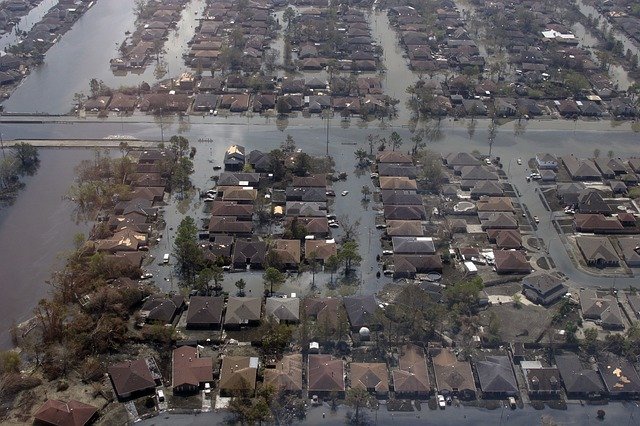
In Geography, a ‘sense of place’ refers to a feeling of belonging; a strong identity that is deeply felt by inhabitants and visitors. It is often a term used by humanistic geographers to describe our attachment to specific locations[3]. I would argue that with communities coming together to clap for NHS carers and networks of volunteers supporting vulnerable members of their communities, lockdown deeply enhanced our local sense of place. It also, I believe, caused us all to redefine our relationship with ‘home’, purely because we spent such an unusually large amount of time there. Socially distanced neighbourhood street parties and road WhatsApp groups where neighbours could check in on each other became the new norm. The 75th anniversary of VE day saw us all aptly enjoying the sound of ‘We will meet again’, celebrating with our local communities, from the comfort of our own driveways. In a personal capacity, lockdown resulted in a significant increase in the amount of time I was able to spend with my husband and young daughter; time I will cherish. I was able to witness my daughter’s first wobbly steps, knowing this was only possible because I was working from home. I then watched her grow confidence as she navigated the potholes along our road, cheered on (from a distance) by our kind neighbours.
Although I have long explored the concept of ‘place’ and acknowledged the way in which places are constructed by humans and human interactions, COVID-19 illuminated this reality in a way I never expected. Places truly are defined by the people within them; it is the experiences we have, and the relationships and memories we create that make geographical locations meaningful. The stronger sense of local place I feel towards my local community is evidence of this, but I am also struck by heightened sense of place created here at school as a result of the pandemic. Despite lockdown, our community remained united – Together Apart – and I think this unwavering sense of place experienced at Wimbledon High School during a time of national crisis is worthy of celebration.
Environmental consciousness
As well as teaching the core Human Geography Unit in Year 12, I also teach our Year 13 Geographers the core Physical systems unit, ‘Earth’s Life Support Systems’. Content within ELSS incorporates an understanding of our global water and carbon cycles, the consequences of human activity on these natural systems and the importance of management strategies which protect our vulnerable planet. Carbon emissions remain one of the world’s most significant environmental concerns. Emerging and developing countries, such as China and India have long been at the top of the contributor list for global greenhouse gas emissions. Interestingly, however, the pandemic has shut down industrial activity and temporarily slashed air pollution levels all around the world.

I find myself wondering: Inadvertently, is this the largest scale pollution experiment the world has ever seen? Could this be the outcome of moving towards a low-carbon, green, economy in the future? And it is not just our dominant developing countries that have seen the positive effects of lower carbon emissions as a result of COVID-induced lockdowns. Italy’s usually heavily congested roads substantially reduced levels of traffic, resulting in drastically lower nitrogen oxide levels in the country[4]. The positive environmental consequences of this are unprecedented and offer an opportunity to think more critically about the implications of our everyday practices.
In addition to the global decline in factory pollution, it is also worthy to acknowledge the positive implications associated with a reduction in air travel as a result of national lockdowns around world. Today’s society is a society (normally) on the move. With the development of mass automobility and aeromobility, the scale of our travel has grown immense, and social life and social organisation are increasingly dependent on mobility[5]. COVID-19, however, has restricted our international mobility in a way that feels almost unnaturally authoritarian. While of course I acknowledge the challenges associated with being bound within our national territories, I’d also like to highlight the positives. The outcome of an inability to travel abroad is an increase in local and national ‘staycations’. I admit that I am someone who has lived in Australia and the USA, but never been to the Peak District. I’ve travelled to Singapore but haven’t explored many of the islands from my Scottish homeland. What COVID-19 has allowed for is an appreciation of the natural beauty that surrounds us not only in locally in London and the South-East, but all over the British Isles. As a nation, our inability to holiday overseas has increased an awareness of our local geographies, prompting an enjoyment of these local landscapes and the wonders that surround us, and sparking a renewed environmental awareness that aims to preserve them.
So then, it is pertinent to remember that 2020 is not a year to write off; perhaps it is, instead, a year full of opportunities. A time to connect and reconnect. A chance to acknowledge the beauty of our local surroundings and reconsider the impact our patterns of consumption so that we can rectify our environmental impact. As a geographer, I have long been fascinated by the relationship between people and places. I hope this post has demonstrated how geographers can offer some very useful ideas for making sense of our current situation; what has happened, what we might be feeling, and how we might go forward – stronger than before.
References:
[1] Cresswell, T. (2004) Place: A short introduction. Blackwell Publishing
[2] Morrice, S. (2012) Heartache and Hurricane Katrina: Recognising the influence of emotion in post-disaster return decisions. Area 45(1), 1-7.
[3] Massey, D. (2005). For Space. London: Sage.
[4] Watts, J. & Kommenda, N. (2020) Coronavirus pandemic leading to huge drop in air pollution. Accessed at: https://www.theguardian.com/environment/2020/mar/23/coronavirus-pandemic-leading-to-huge-drop-in-air-pollution
[5] Gustafan, P. (2014) Place attachment in an age of mobility. In Manzo and Devine-Wright Place (eds.) attachement: Advances in Theory, Methods and Application. Routledge, 2014.


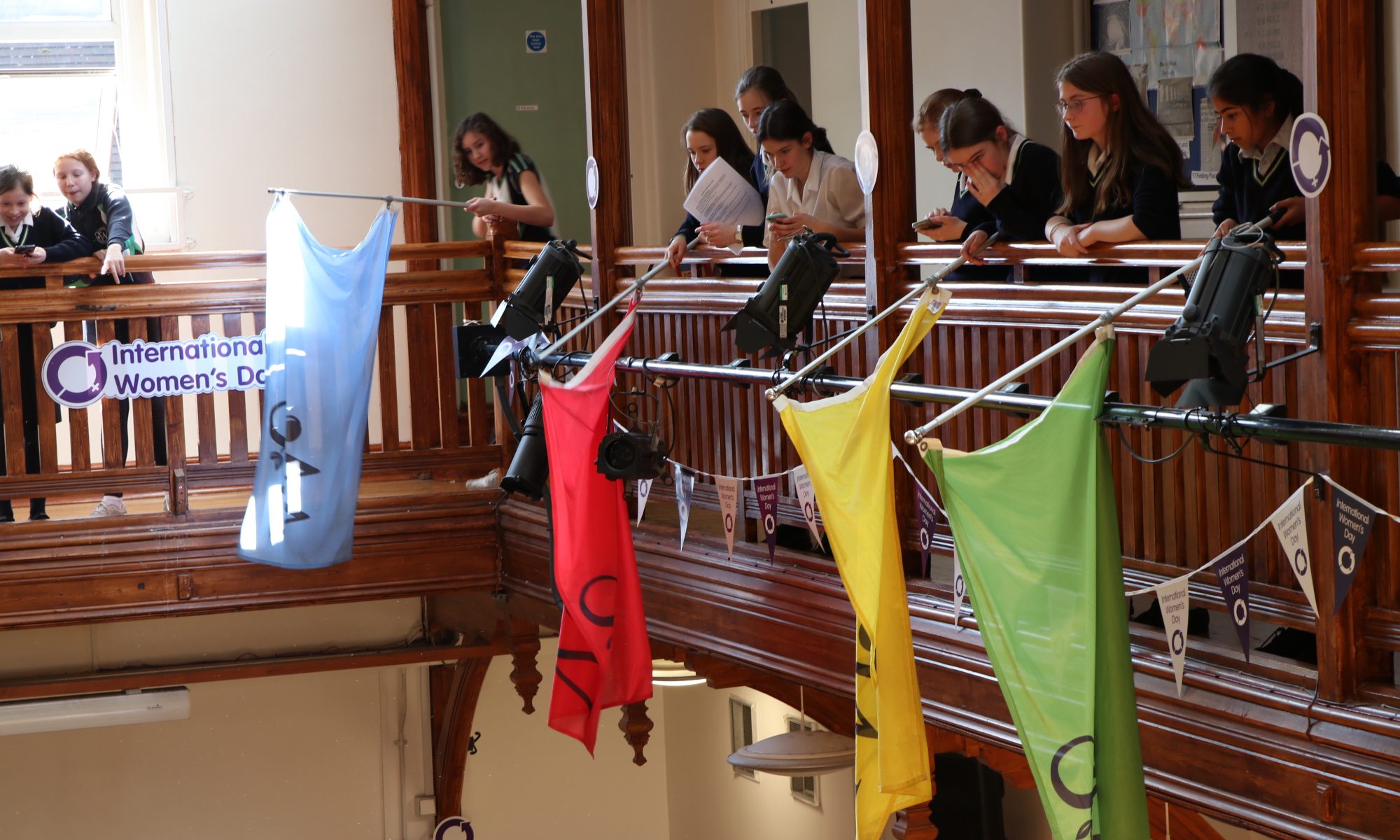
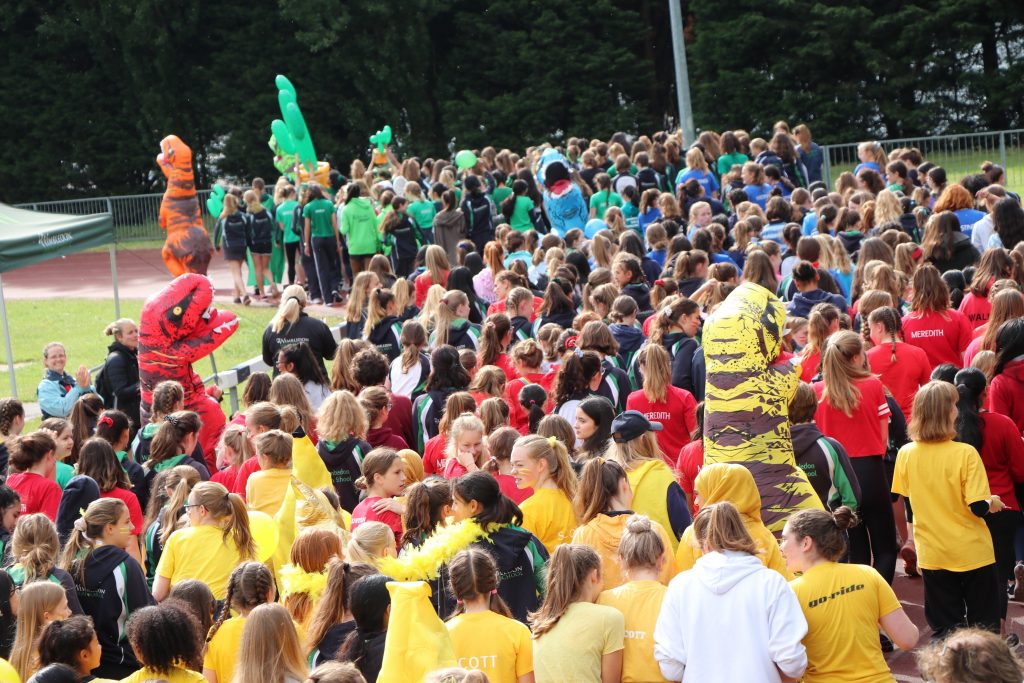
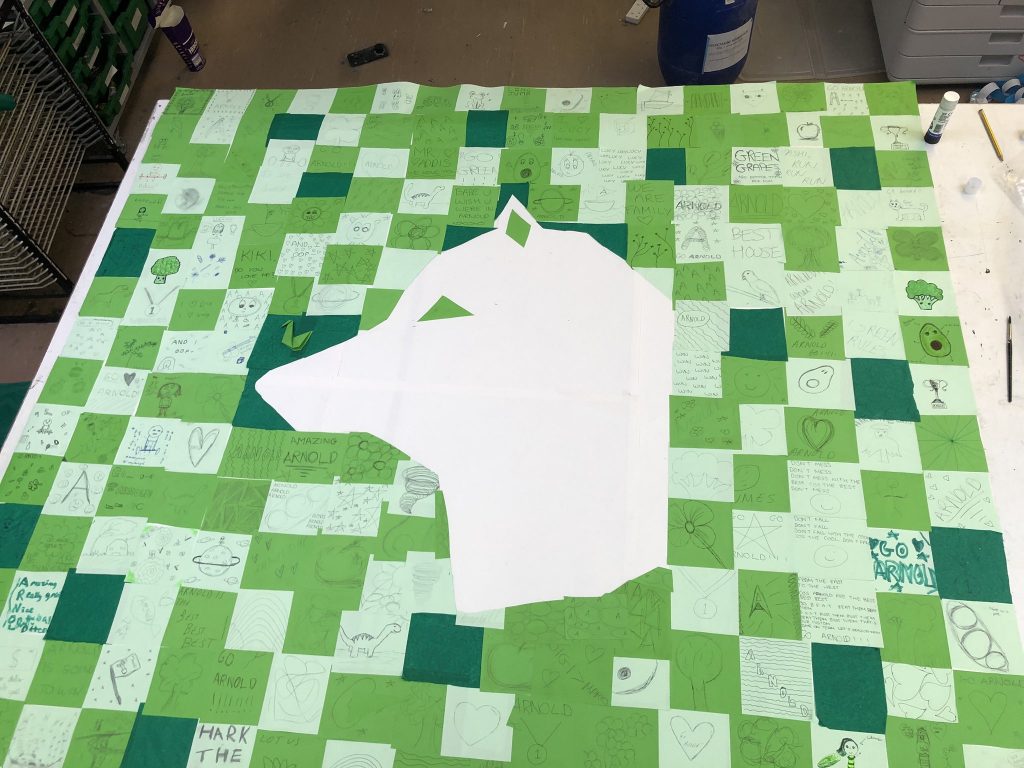
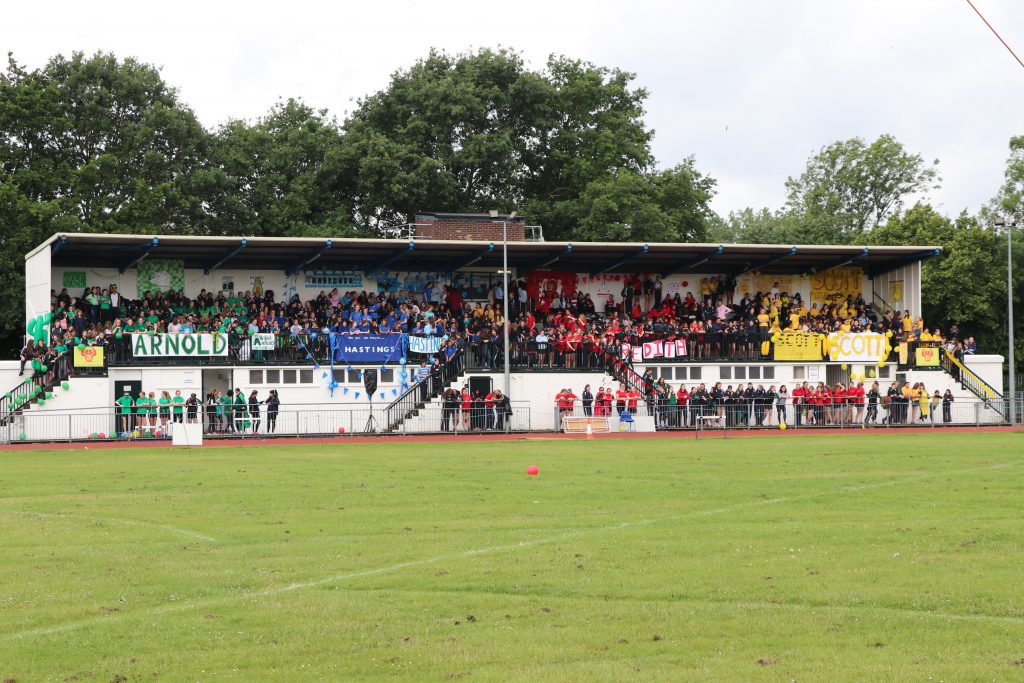
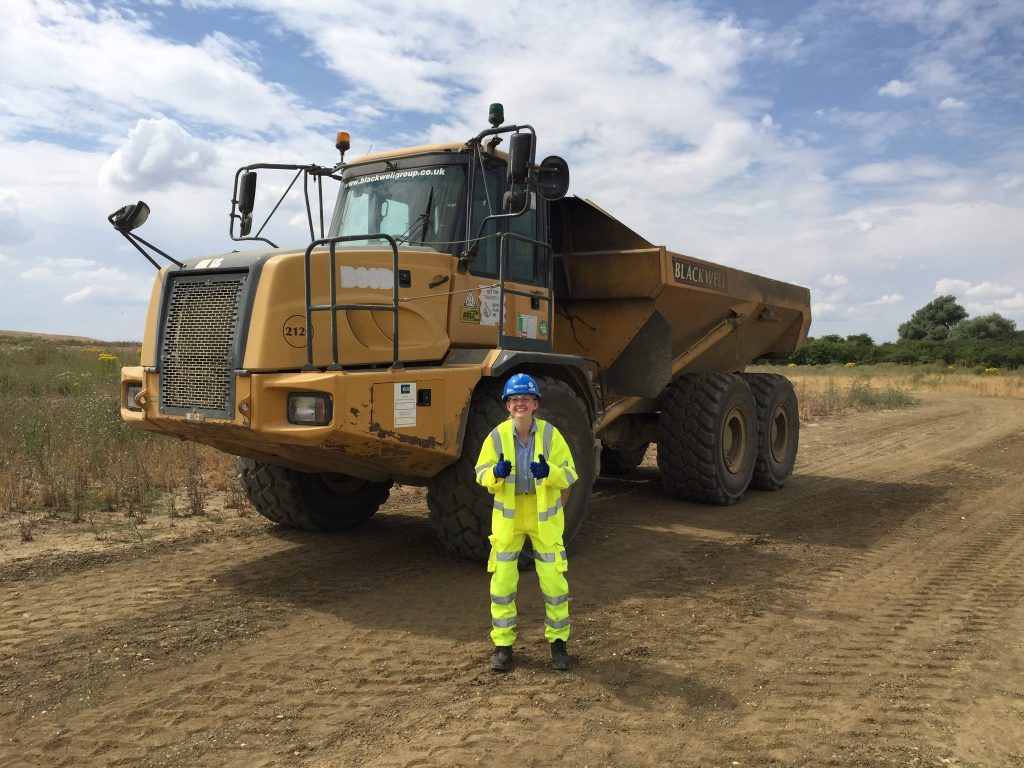
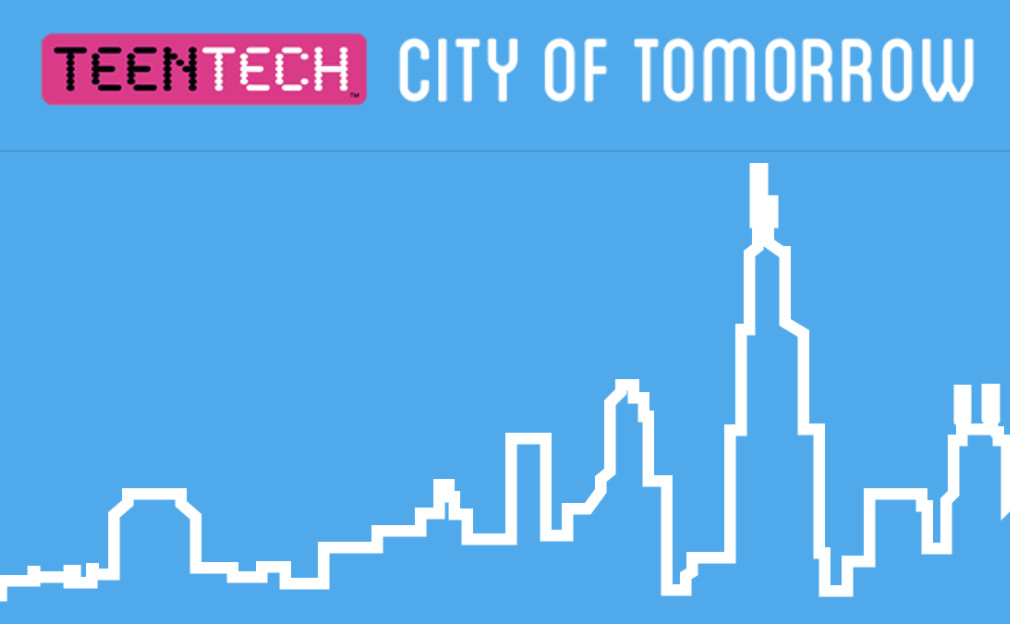
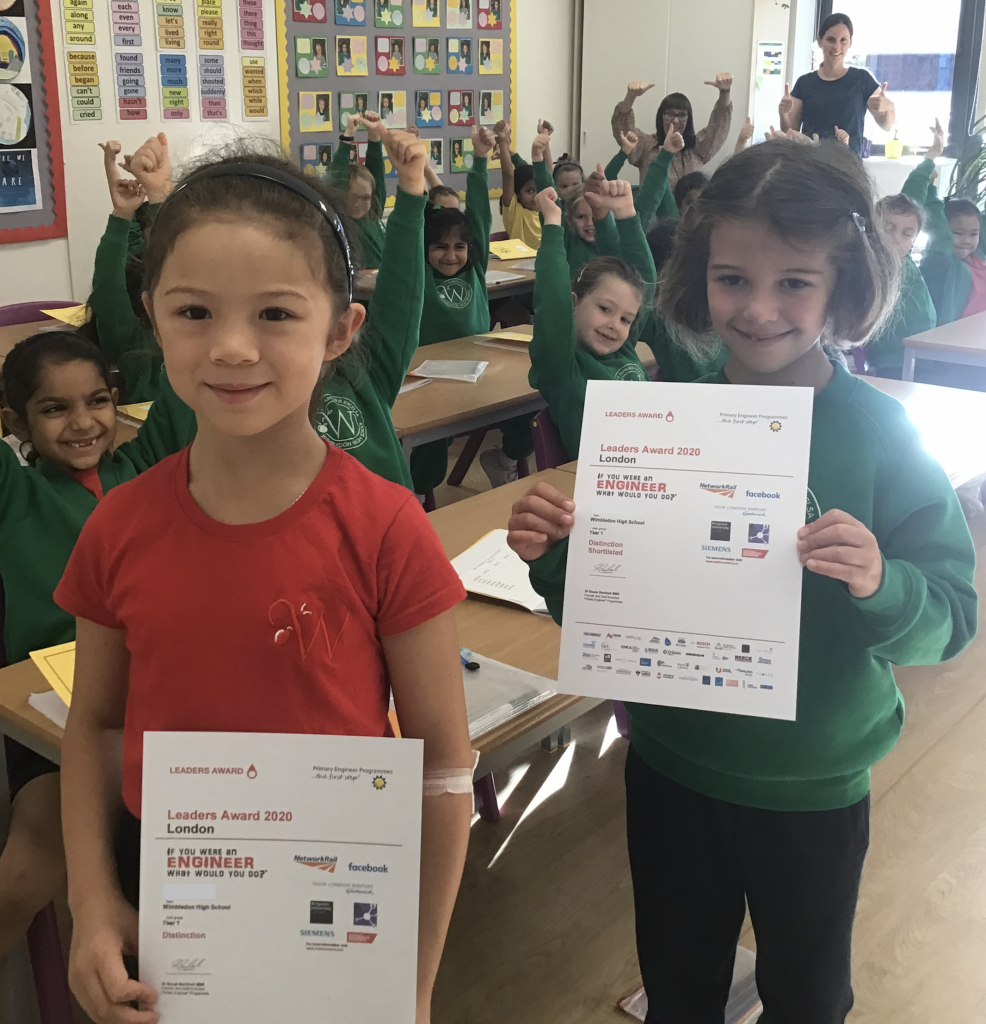





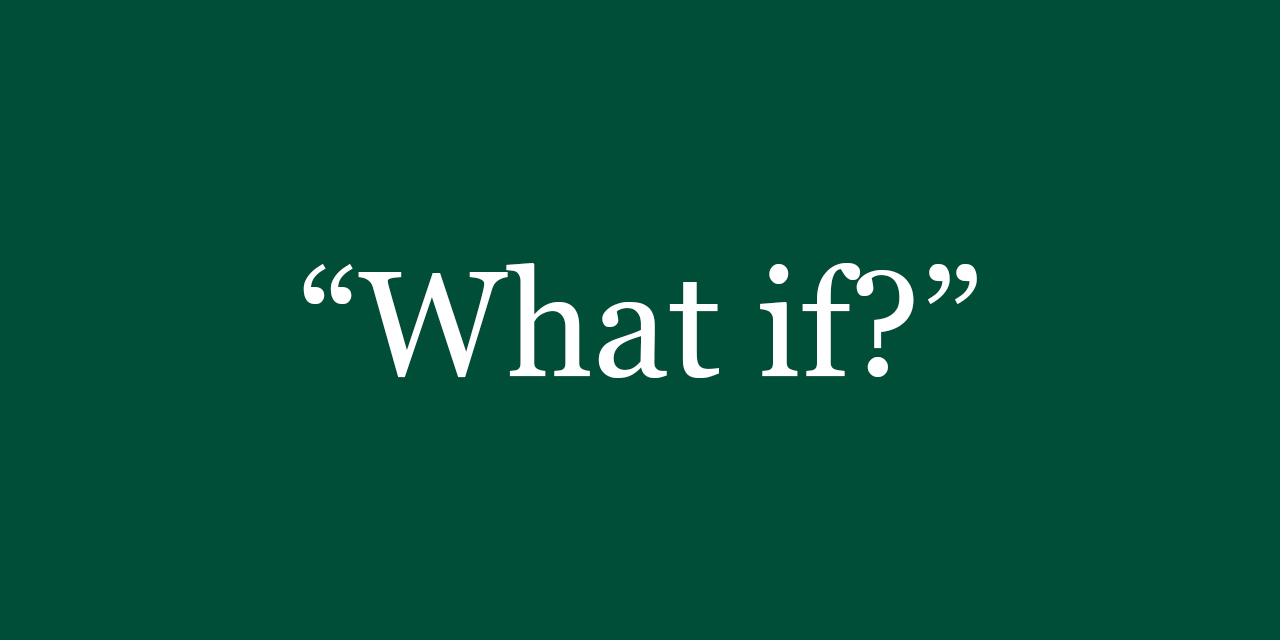

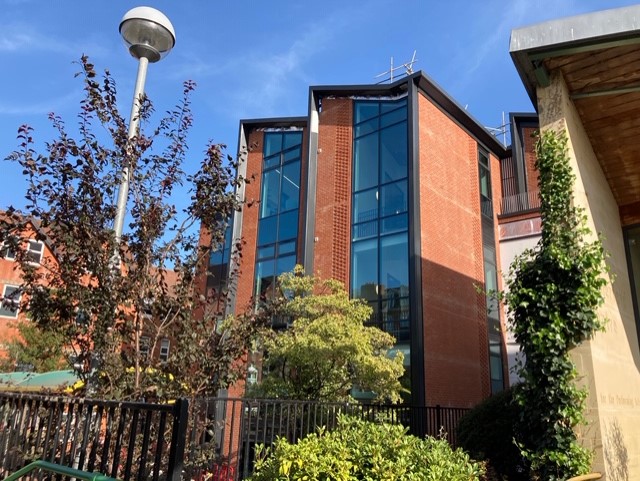
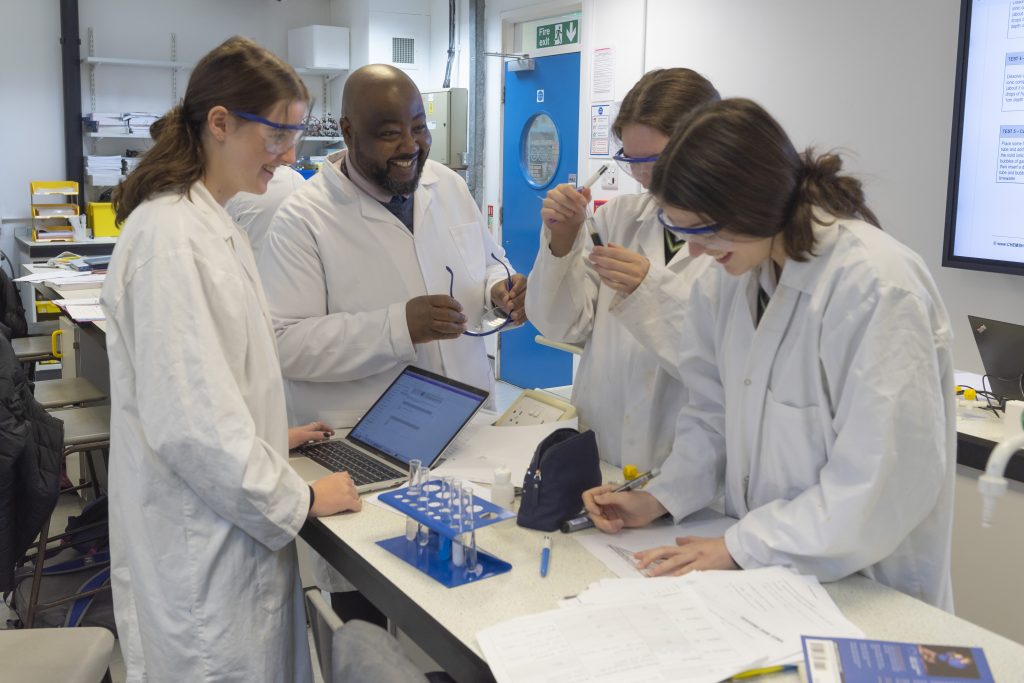
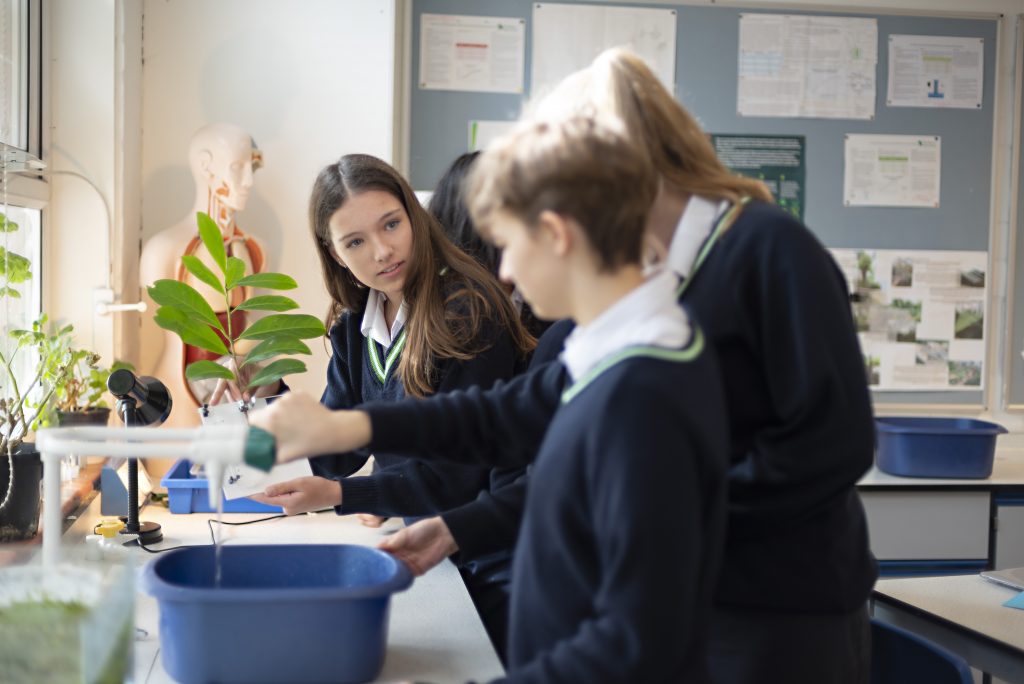
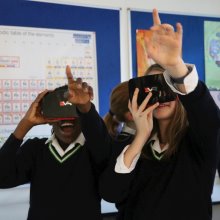
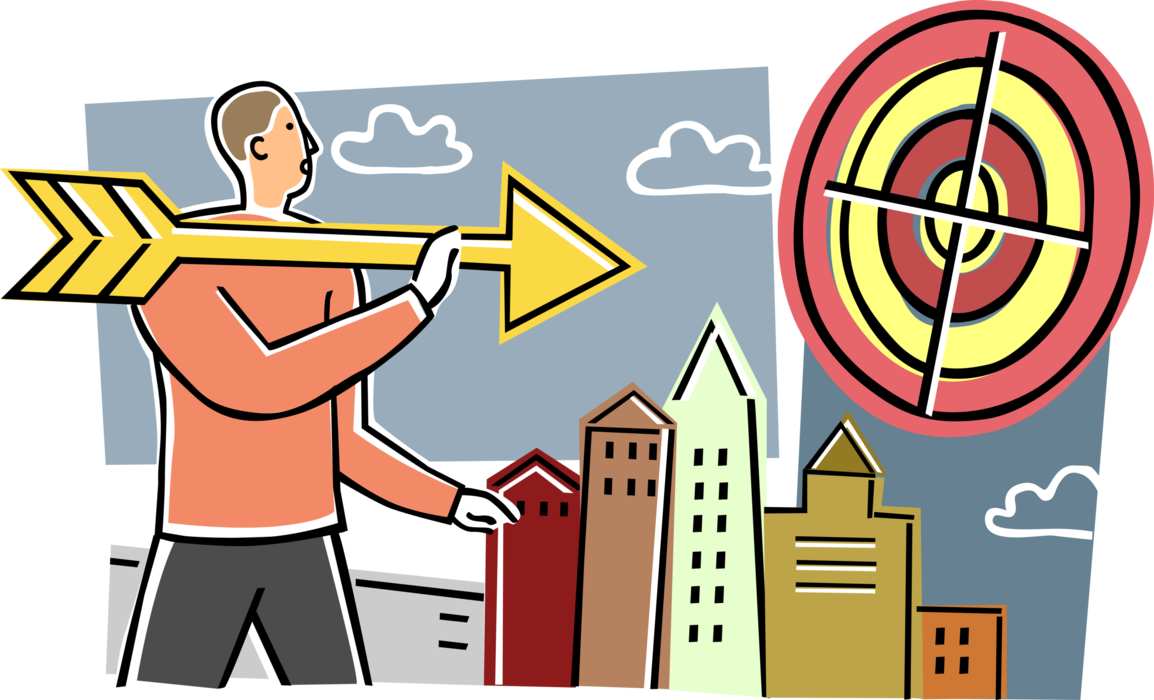
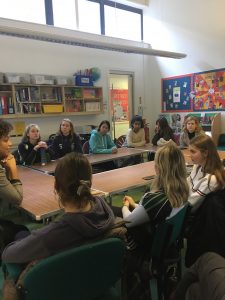


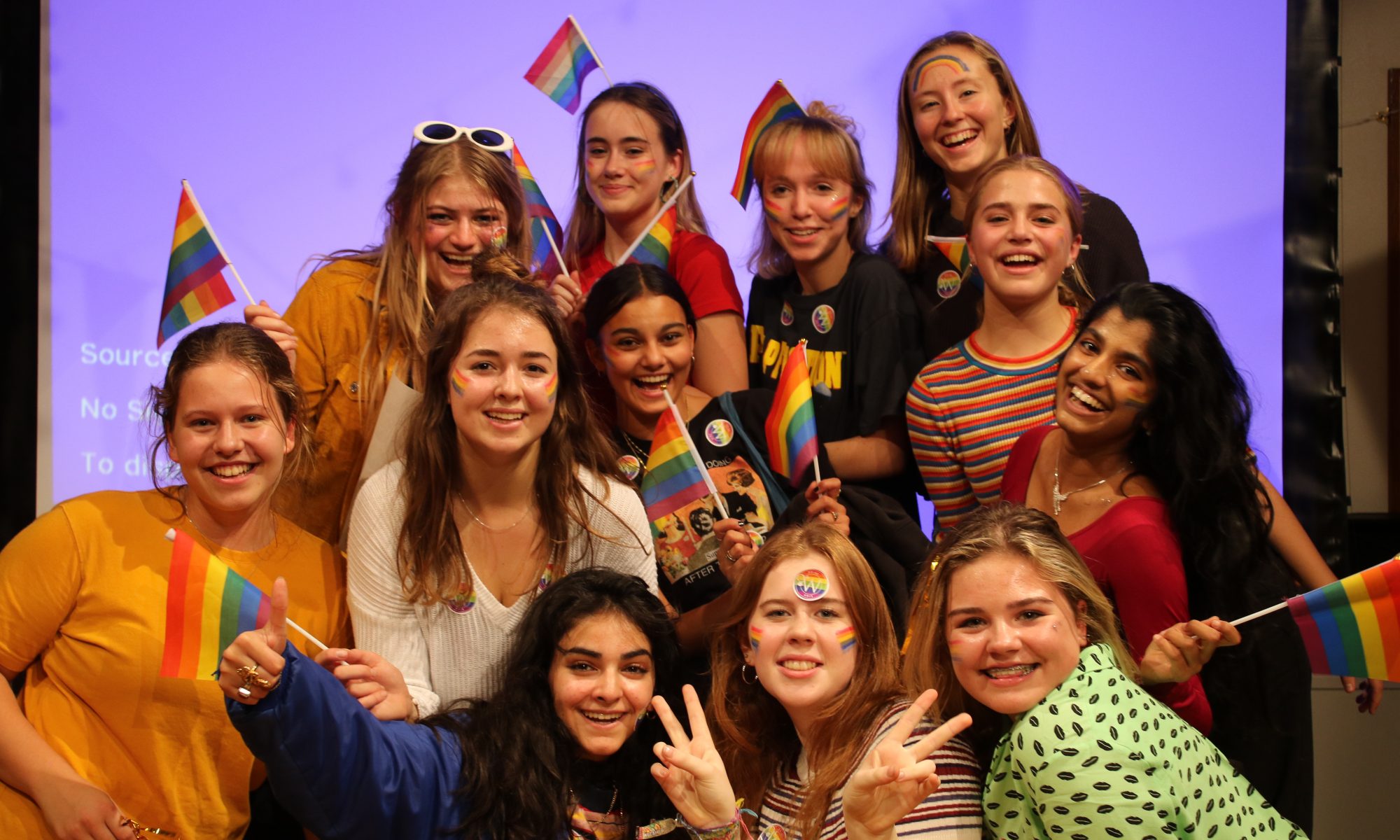
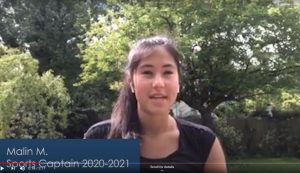 As sports captain for this coming academic year, I am absolutely thrilled to be back as a sporting community. In terms of the aims that I (and the P.E department) have, we really want to place an emphasis on instilling a strong sense of camaraderie between everyone. Excitingly, despite the tightened rules and regulations, we will be back into teams and squads (e.g. netball, hockey, rowing, swimming etc…) which I’m sure will be very fun for everyone involved (albeit that no external fixtures will be taking place).
As sports captain for this coming academic year, I am absolutely thrilled to be back as a sporting community. In terms of the aims that I (and the P.E department) have, we really want to place an emphasis on instilling a strong sense of camaraderie between everyone. Excitingly, despite the tightened rules and regulations, we will be back into teams and squads (e.g. netball, hockey, rowing, swimming etc…) which I’m sure will be very fun for everyone involved (albeit that no external fixtures will be taking place).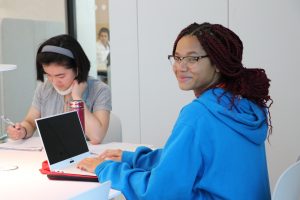 As Admissions Ambassador my aims for this year include: improving the buddy system by getting the new girls and the girls present in the school to write interests and pair the girls using similar interests, have more conversations with girls about to go into year 12 to help them prepare for the jump from GCSE to A Levels and set up a society for girls joining the school to help them feel more comfortable in their first few weeks at WHS.
As Admissions Ambassador my aims for this year include: improving the buddy system by getting the new girls and the girls present in the school to write interests and pair the girls using similar interests, have more conversations with girls about to go into year 12 to help them prepare for the jump from GCSE to A Levels and set up a society for girls joining the school to help them feel more comfortable in their first few weeks at WHS.
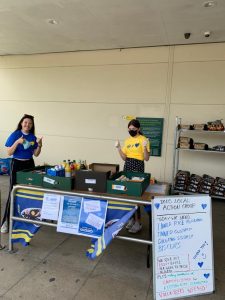 The world as we know it has been turned upside down, in unimaginable ways over the past 6 months. Major charitable events (including the London Marathon and Glastonbury!) were cancelled, causing thousands of charities around the country to lose millions of pounds.
The world as we know it has been turned upside down, in unimaginable ways over the past 6 months. Major charitable events (including the London Marathon and Glastonbury!) were cancelled, causing thousands of charities around the country to lose millions of pounds.